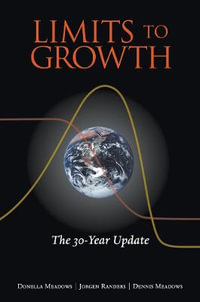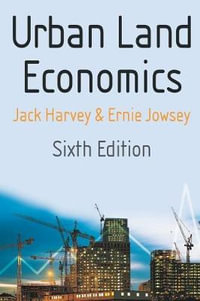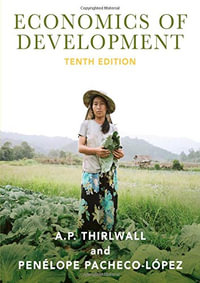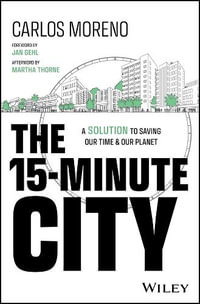The present energy economy, with its heavy dependence on fossil fuels is not sustainable over the medium to long term for many interconnected reasons. Climate change is now recognized as posing a serious threat. Energy and resource decisions involving the carbon fuels therefore play a large role in this threat. Fossil fuel reserves may also be running short, and many of the major reserves are in politically unstable parts of the world.
Yet citizens in nations with rapidly developing economies aspire to the benefits of the modern energy economy. China and India alone have 2.4 billion potential customers for cars, industries, and electrical services. Even so, more than half of the world's citizens still lack access to energy. Decisions involving fossil fuels are therefore a significant part of the development equation.
This volume explains how the law can impede or advance the shift to a world energy picture significantly different from that which exists today.
This book first examines the factors that create the problems of the present carbon economy, including environmental concerns and development goals. It then provides international and regional legal perspectives, examining public international law, regional legal structures, the responses of international legal bodies, and the role of major international nongovernmental actors. The book then moves on to explore sectoral perspectives including the variety of renewable energy sources, new carbon fuels, nuclear power, demand controls, and energy efficiency. Finally, the authors examine how particular States are, could, or should, be adapting legally to the challenges of moving beyond the carbon economy.
Industry Reviews
` This reviewer can recommend this book without reservations to students, academics and policy makers alike.'
Javier de Cendra de Larragan, Carbon and Climate Law Review, 2009
`There is much to be admired in this volume. Few edited collections are willing, much less able, to bring together contributors from around the world (inter alia China, Africa, South America, Mexico, USA and Australia)...the book's excellent parts are such that the volume will deserve to be on library shelves and specialists' desks.'
Navraj Singh Ghaleigh, Journal of Environmental Law 21:3, 2009
`Arguably there are few issues as pertinent, complex and cross-cutting as the current global energy situation.. there are too few books around which analyse these globally significant issues in any depth. [This] is a balanced, honest appraisal of many of the key challenges and issues...Importantly, it neither provides just a green gloss...nor does it hide the reality that the vast majority of the world need energy and carbon-sources will continue to be one
of the easiest means by which that can be provided...If you are prepared to engage with the broader debate and openly accept that "one size doesn't fit all" - as the book argues - this is an edited
collection that is well worth keeping in mind.
'
Duncan French, University of Sheffield; Environmental Liability
`This welcome volume makes a wide-ranging and interesting contribution to scholarly endeavours in the field of Energy Law, with particular reference to the challenges of developing the energy system beyond its current heavy reliance upon (hydro)carbon fuels and the role that the law can play in facilitating (as well as hindering) this transition...further work from the various authors in this field is eagerly awaited'
Angus Johnston, University of Cambridge, Web Journal of Current Issues
























